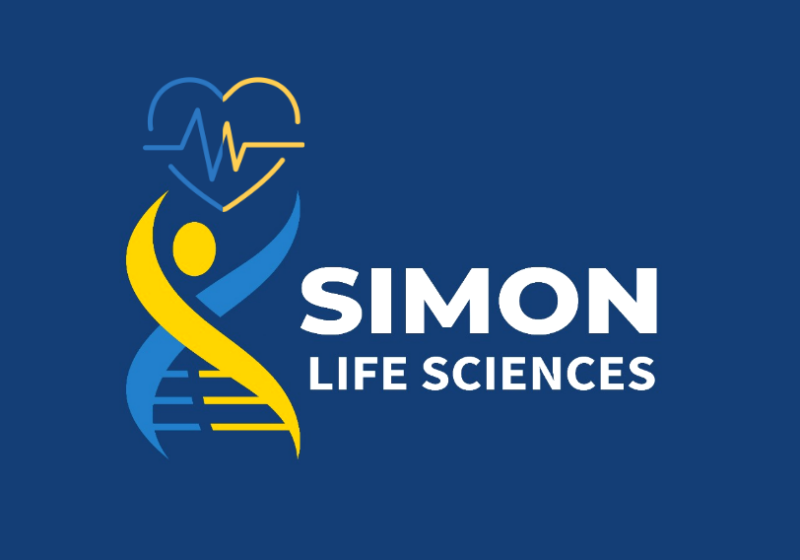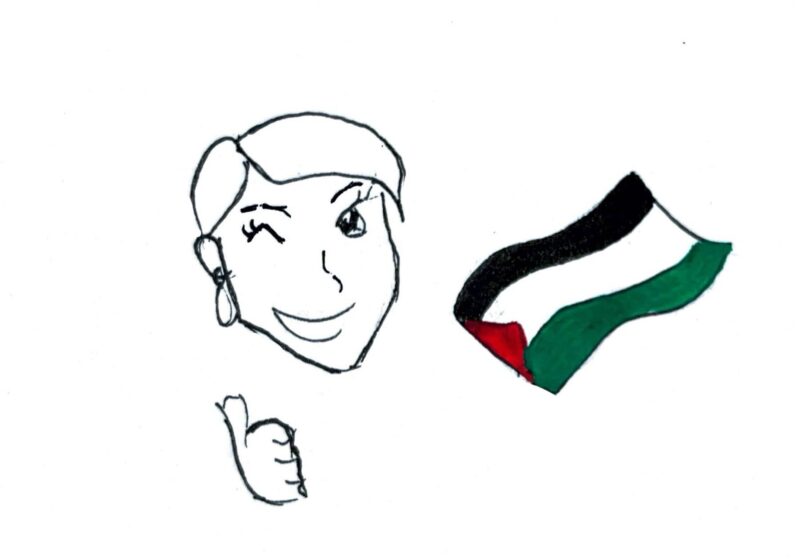With the Inflation Reduction Act kicking in this summer, a group of students at the Simon School of Business saw the opportunity in this political move. The Simon Life Sciences (SLS) is a club that focuses on fostering the understanding of the rapidly changing life sciences and healthcare environment. It seeks to help students who are interested in working in the healthcare industry to take advantage of opportunities, such as the enactment of the IRA, and to better understand the ever-changing environment of the industry.
Aarushi Sharma, president of the SLS and second-year student at the Simon School concentrating on Life Sciences and Healthcare Strategy, expected the club to serve students from all backgrounds and experiences, regardless of their focus of study. “We give the example to students, not just exposure but examples, that there are multiple different areas — the world is your oyster — you don’t have to restrict yourself in only doing something like data analysis or only focusing on finance,” says Sharma.
Sharma’s internship at pharmaceutical company AstraZeneca prepared her for the industry of healthcare and allowed her to see where business students can fit in this industry. “Market access and pricing is an area that definitely requires business students to come in,” says Sharma. “Market access works with the healthcare insurance people called ‘payers’ in the industry jargon. Market access people work with payers to negotiate contracts based on what the drug pricing would be across their entire portfolio of drugs from year to year. We need business students going in there who have some understanding of all the different aspects. You need to know finance, you need to be a good negotiator, you need to understand the pricing aspect of that.”
Sharma sees the SLS benefiting students in three ways. First, the club is dedicated to spreading awareness of the different areas of this industry students can find roles in. The SLS did so by bringing in alums to give talks about their careers and their opinions or advice working in this industry. Second, the club seeks to help students learn more about the companies within the industry through either holding virtual sessions with companies or helping students to make connections with recruiters. Lastly, the SLS has launched several experiential learning opportunities for students who are interested in or still exploring this industry. Over the last three years, the club has organized a series of case competitions for students to participate in. The club is also trying to build what they call the UR Health Lab Education Core in cooperation with other departments across the University to find projects at the intersection of healthcare and business. “From the business students’ perspective, if they are interested in this industry but do not have prior background work-wise or education-wise in healthcare or life sciences, through these projects, they are able to bridge that gap,” says Sharma.
Coming up, the SLS is preparing for another case competition centered around equity in healthcare as well as how telemedicine can break down barriers for patients to receive quality care. Judges include an engagement manager from Trinity Life Sciences and a company leader from Neurotrack who is making digital health products for Alzheimer’s and Related Dementia Patients. Aside from the prize of $1000 awarded, winning teams are expected to have the opportunity to initiate contacts with these industry leaders that could be utilized in the future. More information can be found on the event page, or contact ashar44@simon.rochester.edu with any questions.





